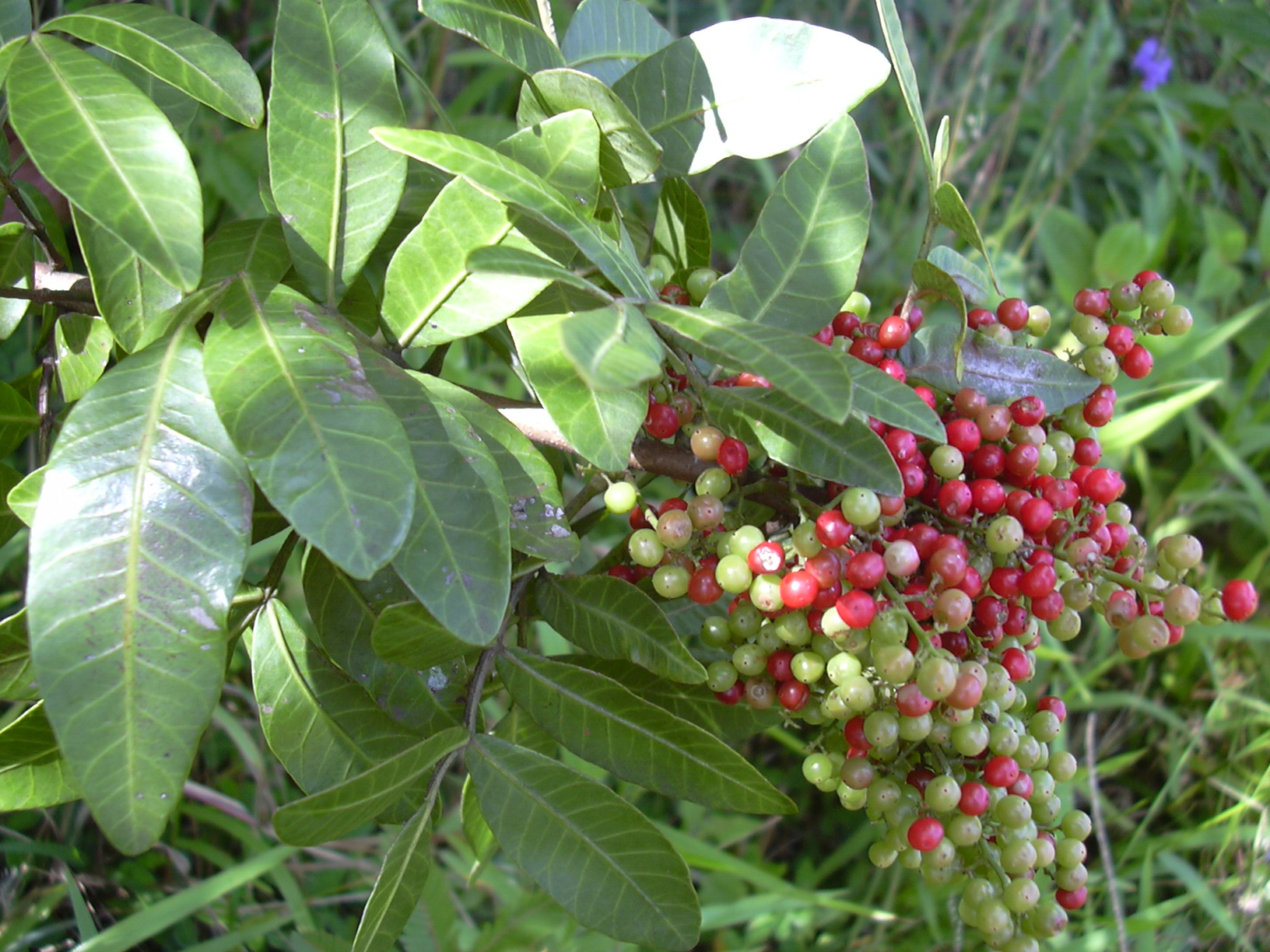Experts find that vitamin D can soothe symptoms of COPD
04/02/2019 / By Michelle Simmons

A study shows that vitamin D is more than just for the bones: It can ease symptoms of chronic obstructive pulmonary disease (COPD), but only in people who are also deficient in the vitamin.
COPD is an umbrella term used to describe progressive lung diseases that cause symptoms such as increased shortness of breath, frequent coughing, breathlessness, wheezing, and tightness in the chest. It includes emphysema, chronic bronchitis, and non-reversible asthma.
The study, which was published in the journal Thorax, is a systematic review and meta-analysis on randomized controlled trials (RCTs) of vitamin D in preventing the worsening of COPD. Four RCTs with a total of 560 participants were included in the study.
Carried out by a team of researchers from Europe, the study revealed that supplementing with regular doses of vitamin D safely and significantly reduced the symptoms of COPD. You can get this vitamin in supplement form and in foods that are naturally rich in vitamin D, such as fatty fish like salmon, tuna, and mackerel, beef liver, cheese, mushrooms, and egg yolks.
Dr. Adrian Martineau, a clinical professor at the University of London and co-author of the study, explained that vitamin D reduces COPD symptoms in two ways. First, it enhances the body’s immune response to respiratory viruses that usually trigger COPD attacks. Second, it weakens harmful inflammatory responses. As a result, it speeds up recovery – potentially minimizing damage to the structure of the lung.
Abnormal levels of vitamin D have been linked to respiratory ailments and reduced lung function. Vitamin D is beneficial to people with COPD because they are also at an increased risk of osteoporosis, and vitamin D, together with calcium, may help with this.
The study also found that the beneficial effects of vitamin D only take effect in people with COPD that are also deficient in the vitamin. People who are overweight or obese, do not eat much fish or dairy, live in a northern climate, stay indoors, or dark-skinned – as well as older adults – tend to have lower vitamin D levels.
Taking vitamin D without a deficiency is useless, warned the scientists. There are also risk factors that come with having too much vitamin D. It may not be common, but vitamin D toxicity can boost calcium levels and cause adverse effects on the bones, muscles, and kidneys.
Other natural treatments for COPD
In addition to vitamin D, there are also other vitamins that are beneficial for COPD. Vitamins C, A, and E can help people with COPD to manage their symptoms, relieve inflammation, and prevent severe respiratory damage. These vitamins can simply be obtained from foods. You can get vitamin C from citrus fruits like oranges, dark, leafy green vegetables like kale, berries, and tomatoes. Fatty fish like salmon, carrots, cantaloupe, squash, and broccoli provide vitamin A. Eat meat, poultry, eggs, fruits, and vegetables to get vitamin E.
Eating foods rich in antioxidants, such as apples, berries, artichoke hearts, green tea, and ginger can also help. This is because antioxidants protect against free radicals that damage cells. They help reduce oxidative stress – which has been linked to inflammation of the lungs’ airways – and promote better lung function. Taking herbs like peppermint, turmeric, red sage, and oregano may also be helpful. Performing gentle exercises like tai chi, doing water-based exercises like aqua-walking, and practicing breathing exercises can also help improve COPD symptoms. (Related: COPD Treatments: Easy lifestyle changes to improve quality of life.)
Read more news stories and studies on the health benefits of vitamin D by visiting VitaminD.news.
Sources include:
Tagged Under: alternative medicine, chronic obstructive pulmonary disease, COPD, disease treatments, natural cures, natural medicine, nutrients, supplements, vitamin D, vitamind, vitamins



















